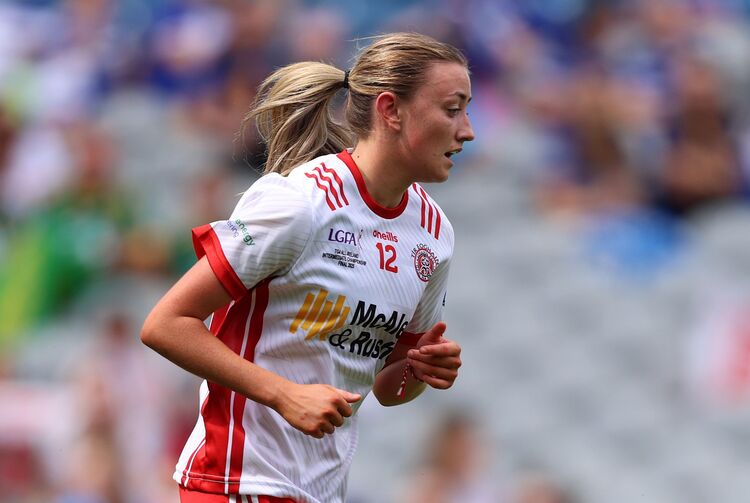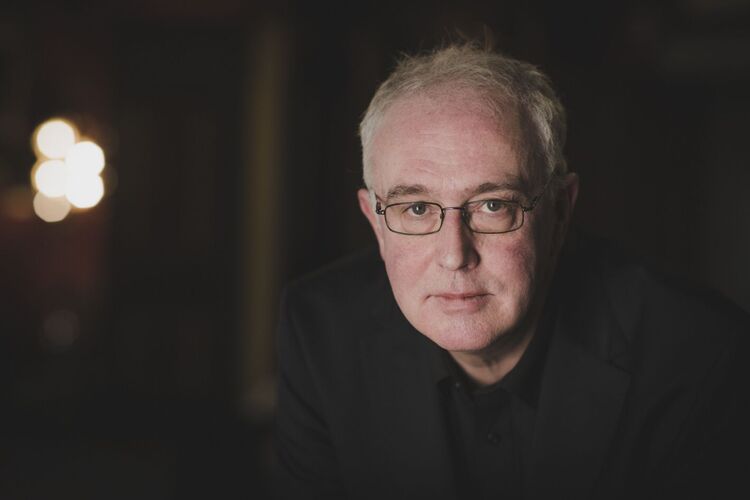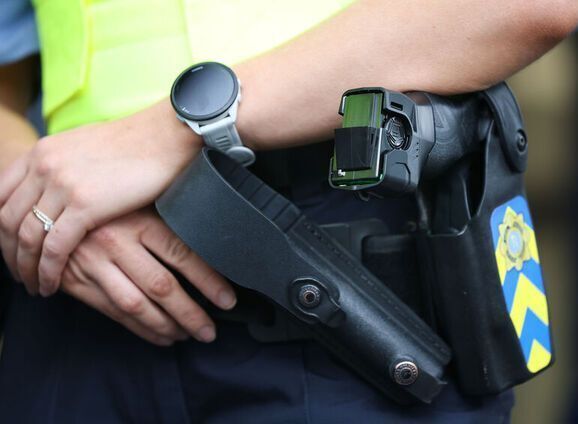Patrick McBrearty and Gemma Walker play brother and sister Ryan and Stella in “Blinkered.” PHOTO: GAV CONNOLLY
By Patricia Byrne
Sole Purpose Productions is a professional theatre company based in Derry, Northern Ireland, with the specific aim of tackling important issues such as peace and reconciliation, alcohol abuse, and human trafficking. We have been making theatre on social and public issues for 20 years and this month I’ve had the opportunity to come to the U.S. with the support of the Arts Council of Northern Ireland National Lottery fund, to work with high school students and to discuss our new play “Blinkered.”
“Blinkered,” which had a very successful tour across Ireland earlier this year, explores depression and suicide in young people and its impact on the family. It seemed that we were reading about a suicide every week in Derry, and people were asking why so many young people were taking their own lives? This is happening throughout Ireland and the UK, and across the world. It is like an epidemic.
I was wary about writing something on this subject. I didn't think I had the skills to write about it effectively or with authenticity. I began to talk to professional people who work in suicide prevention about the idea of developing a play that would look at the issues around suicide. I asked them what they thought were the most important things to show in this type of play. Most people said we need to show that it's okay not to be okay. I also met with people bereaved by suicide and people that had attempted suicide.
I wanted to explore various issues in the play. I think there are different overlapping factors affecting people's lives that can lead to suicidal thoughts. There is research that shows that trauma can be passed on through generations. DNA can be affected by trauma. This DNA can be passed on through birth, and children can grow up with a high level of anxiety, but there is no logical reason for it. This also touches on the lack of communication within families. If the parents don't talk about how they are feeling, then the children don't learn the language to be able to talk about feelings.
The play looks at social media and the internet – how everyone presents themselves as having a great life, how young people can be made to feel inadequate, not good enough. Young people increasingly talk to each other through screens. Ninety-five percent of our communication is through eye contact, facial expression, tone of voice and body language. All of this is missed in a text or on Facebook. It decreases human connection. This can lead to feelings of isolation, loneliness and depression.
The area of relationships among young people is getting more complicated. Boys are now watching pornography from the age of 10, That is where they are getting their sex education. There is research to show that when boys start having relationships they don't know how to be with a real person; they have unrealistic expectations. This can lead to depression.
The play begins and ends with a soundscape of news that we hear every day. We hear constant bad news, we hear of horrific atrocities – wars, shootings, murders, children being killed by parents. We hear this every day and we think that we are immune to it. I think it has an effect on our psyche. Constant bad news brings us down, and has an effect on our state of mind.
We first produced “Blinkered” in 2016 and toured to local schools in and around Derry in Northern Ireland. A school group from Roosevelt High School in Seattle were on an exchange trip with Oakgrove Integrated College in Derry as part of the Hands For a Bridge programme. Roosevelt High School had suffered two suicides in 2015. The play had a huge impact on them. It was a catalyst in developing a mental health programme in their school. I was invited to do workshops in the school based on the “Blinkered” script. I am currently working in Seattle for three weeks to develop “Scenes of Intervention” with the students, these scenes will be presented at a major mental health awareness event in Seattle on next Friday, June 2.
I will also be in New York City from June 5 -11 to meet with schools, organizations and venues that may be interested in booking a performance of “Blinkered” next year. The meetings will be convened by the Northern Ireland Bureau, whose role is to promote theatre from Northern Ireland in the USA.
The language of depression and suicide is universal. Human dynamics are the same all over the world. What affects us, what hurts us, what makes us depressed – these are the things that connect us. It is so important that we can have conversations about this issue. We have to find the words, develop a language that enables us to express our feelings in an honest way. We should be able to say the word “suicide,” and ask the question “are you feeling suicidal?”
Patricia Byrne is the artistic director of Sole Purpose. For more information go to www.solepurpose.org.








